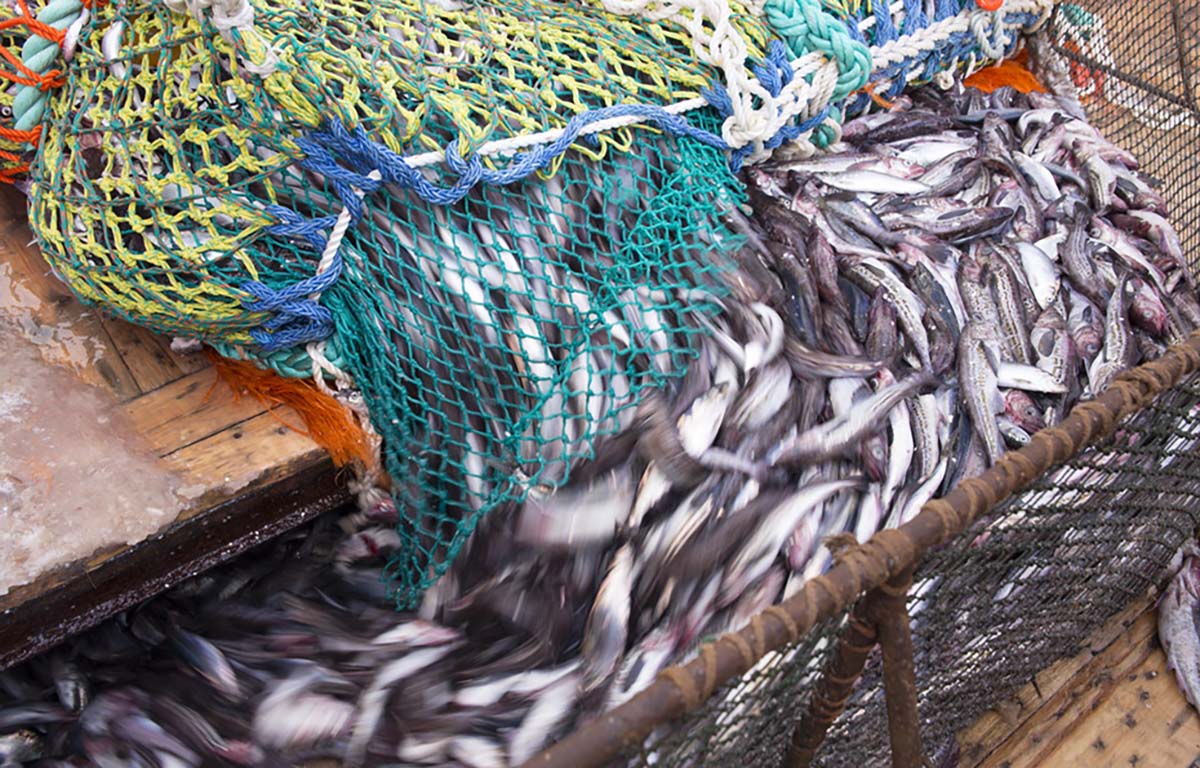The U.S. Department of the Treasury has extended the deadline for companies importing Russia-origin seafood to get the products into the country.
U.S. President Joe Biden signed an executive order on 22 December expanding a U.S. ban on Russian seafood to include imports of Russia-origin seafood products that were processed in third countries. The Biden administration later issued more guidance adding several harmonized tariff schedule (HTS) codes to its original ban, tightening loopholes that would have allowed certain Russia-origin seafood products to still enter the country.
Through both the original order and the guidance, companies were given until 12:01 a.m. on 21 February to have any banned items purchased before 22 December enter the country – but as the deadline has passed the Department of the Treasury has now moved that deadline to 12:01 a.m. EDT on 31 May, 2024.
“This general license does not authorize any transactions otherwise prohibited by the Russian Harmful Foreign Activities Sanctions Regulations,” the department notice, signed by Office of Foreign Assets Control Director Bradley Smith, said.
The additional time likely won’t mean much for most companies that previously dealt in products from Russia that are now banned, Arctic Fisheries President Michael Kotok told SeafoodSource.
“It’s an awful lot about nothing, because most of the heavy lifting has been done,” he said.
The relaxed deadline comes amid ongoing shipping delays across multiple parts of the globe. Attacks on ships in the Red Sea by the Houthi militia in Yemen – who claim to be carrying out attacks in response to Israel's response to Hamas following the latter group's offensive into Israel on 7 October – caused major shipping companies to pause all transit through the region in early January. As the attacks continued, more shipping operators started to avoid the region and losses for countries in Asia continue to mount – India, for example, is estimated to have lost up to USD 30 billion (EUR 28 million) due to the delays.
Those delays in the Red Sea come as the Panama Canal continues to suffer a sever drought that has heavily limited its capacity. Supply chain expert William Duggan shared during the Global Seafood Market Conference in January that while the global supply chain has improved since the severe impacts felt during the height of the Covid-19 pandemic, the combined delays have increased costs and slowed down trade.
The new extended deadline gives companies more time to get seafood ordered before 22 December into the U.S., while any seafood ordered after that date that fits into the now-extended ban will still be banned.
Kotok said companies that had standing orders placed before the 22 December deadline likely rushed to …
Photo courtesy of Russian Fishery Company








